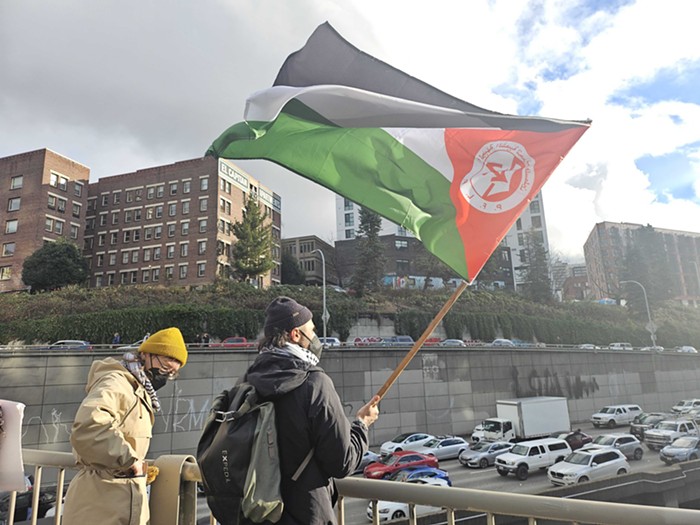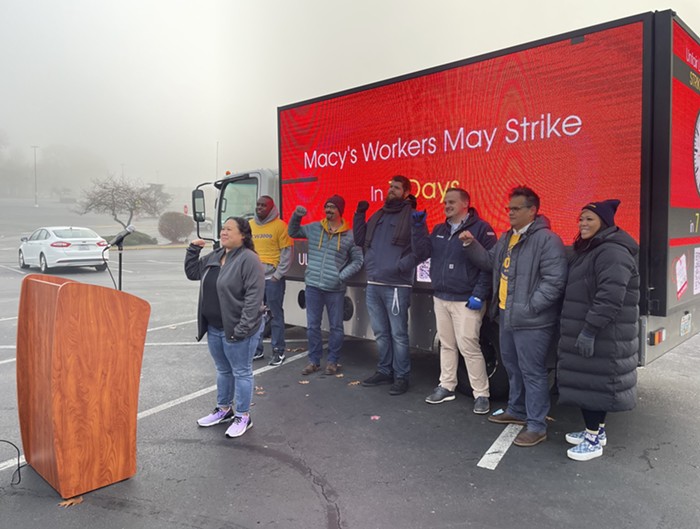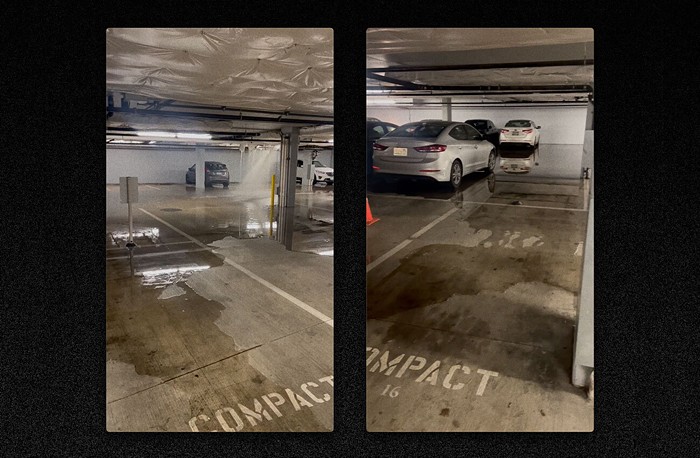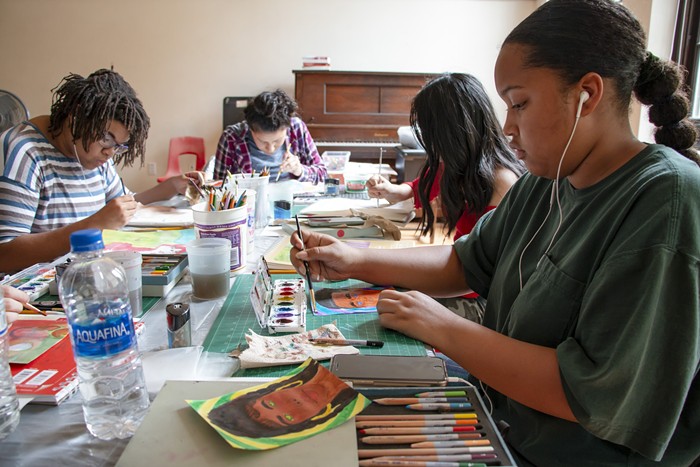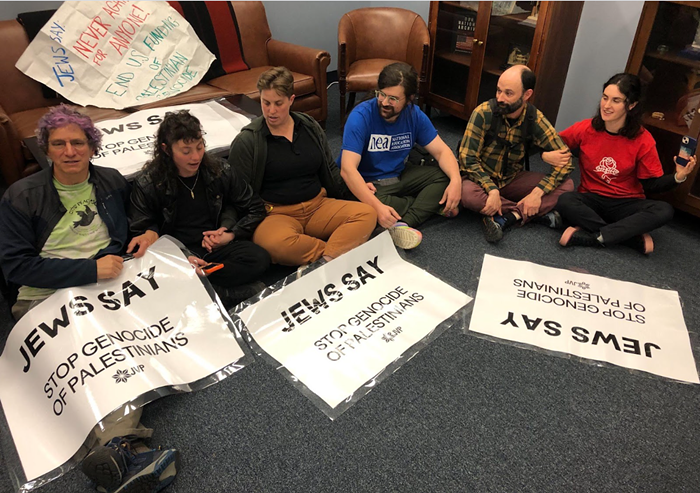
When I tell people I’ve just met that I was born and raised in the South End of Seattle, a set of ideas of where I come from and what I’ve experienced step between us, coloring what I say next. Before I even finish my introduction, I can see in their eyes how they’ve already begun to tell a story of who I am. Sure, they see me—but they’ve heard stories. And, more often than not, they make "cultural" assumptions about the people I call my family and my neighbors.
The truth is that I have seen and lived firsthand their imagined dangers of gun violence, police abuse of power, divested schools, and underfunded communities. I always hesitate to name those experiences because for me they were structurally determined. They were products of the decisions made at every level of government about who matters.
In a democracy, everyone’s interests should be represented. For too long, Black people, Indigenous peoples, and People of Color (BIPOC) have been excluded from every facet of government. This exclusion dates back to our founding documents, which referenced BIPOC only to exclude us from democracy while maximizing white power in the southern states. One could say the history of our nation’s civil rights movement started then, and it continues today as we imagine new apparatuses of democracy that give equal power to those who have been historically dispossessed and disenfranchised.
Enter Washington state’s redistricting commission, which will be holding a hearing on July 31 about proposed boundaries for the 9th Congressional District—currently comprising South Seattle, South King County, and Bellevue—that would preserve my home district as majority people of color.

So many want to make redistricting a partisan issue, when it is in fact a matter of civil rights. The 9th district will be solidly Democratic in any scenario, however, neither Democrat nor Republican parties inherently represent the interests of people of color.
We know that the rules of democracy have been tilted against us. When we say we need to balance them, we mean by drawing districts that give Black, Indigenous, and communities of color political capital that translates into real representation and, in turn, material policy wins.
People of color make up 30% of the state’s population, however, we only comprise a majority to elect the candidate of our choice in one of Washington’s ten districts. And even now—in a hyperlocal, very wonky spinoff of the greater civil rights movement—we're fighting to preserve just that one district to be majority-POC in this year's redistricting process.
A 9th district representative of BIPOC interests must incorporate the intersection of race and class. The 9th is home to 4 of the 18 most diverse zip codes in America and some of the poorest cities in King County—meaning our interests are different from the wealthier communities east of Lake Washington.
We need to further empower Black and Brown communities across the South End by drawing out the predominantly wealthy, white electorates of Mercer Island and Bellevue and drawing in more diverse, working class South King cities such as White Center, Burien, and Auburn. We should have the ability to elect representatives accountable to working class people of color and our concerns.
This isn’t just theory. Recent local politics proves what happens when communities are represented. Last year, the 37th Legislative District—the only majority-POC LD in Washington by citizen voting-age population—elected Kirsten Harris-Talley, a queer Black abolitionist, who immediately went to work trying to keep Black and Brown folks from being priced out of their family homes. One year before that, Tammy Morales was elected to City Council after redistricting the South End into a single voting block—and, for the first time in a long time, the city council is taking up measures that explicitly address the specific issues my community faces.
A displaced orphan of the Korean War, my grandfather came to America for lack of better options, and in the last years of his life, succumbed to illness because he couldn’t access the healthcare he needed. In hearing leaders such as Morales, Harris-Talley, and even Bernie Sanders (all of whom I had the good fortune to work for in one capacity or another) speak to the conditions of working class, immigrants and nonwhite people in the neighborhoods that I grew up in, I realized my grandfather’s death was a structural, political one. I began to understand then that where I grew up was drawn that way. Ninety-percent of my graduating class at Cleveland High School were nonwhite, yet we’ve historically been represented in government by white men—and that was by design. Subsequently, while politicians fixate on mass shootings in suburban white schools, they don’t care how many of our peers we lose to gun violence every day—and that’s also by design.
The systems that frame so much of every day life weren’t designed for us. But we can draw a better Washington.
I came to politics because there's something happening in Seattle's communities of color. We’re putting forth and electing our candidates—despite all the obstacles placed in our way. That kind of groundswell of political will-building, however, has to be met with structural changes.
That’s why I began organizing with Redistricting Justice for Washington, a Black- and Brown-led campaign of 24 organizations that want to ensure the Native vote isn't diluted by honoring tribal sovereignty, that people of color can elect leaders of their choice, and that communities are kept together. Coming off of a historic census where communities of color across Washington proved their will to be counted, it’s past time to ensure we get a place in our government. Only then will the promise of democracy be fully realized.
Andrew Hong is a lifelong South Seattleite who’s spent the last several years organizing campaigns across King County for Working Families Party, statewide coalitions, youth activist groups, and progressive champions like Tammy Morales and Kirsten Harris-Talley. He currently serves as an organizer with Redistricting Justice for Washington and in the fall, will begin his undergraduate studies at Stanford University.
